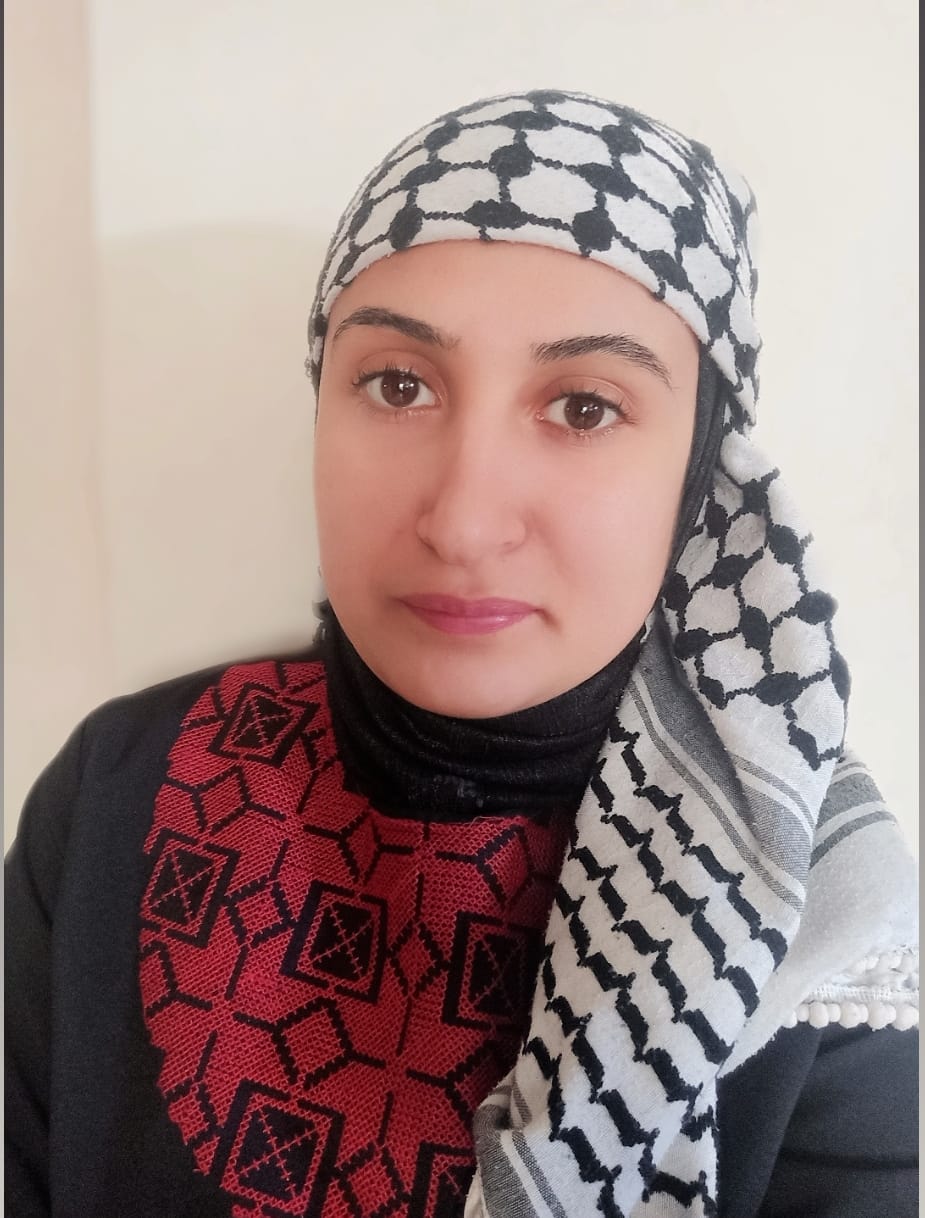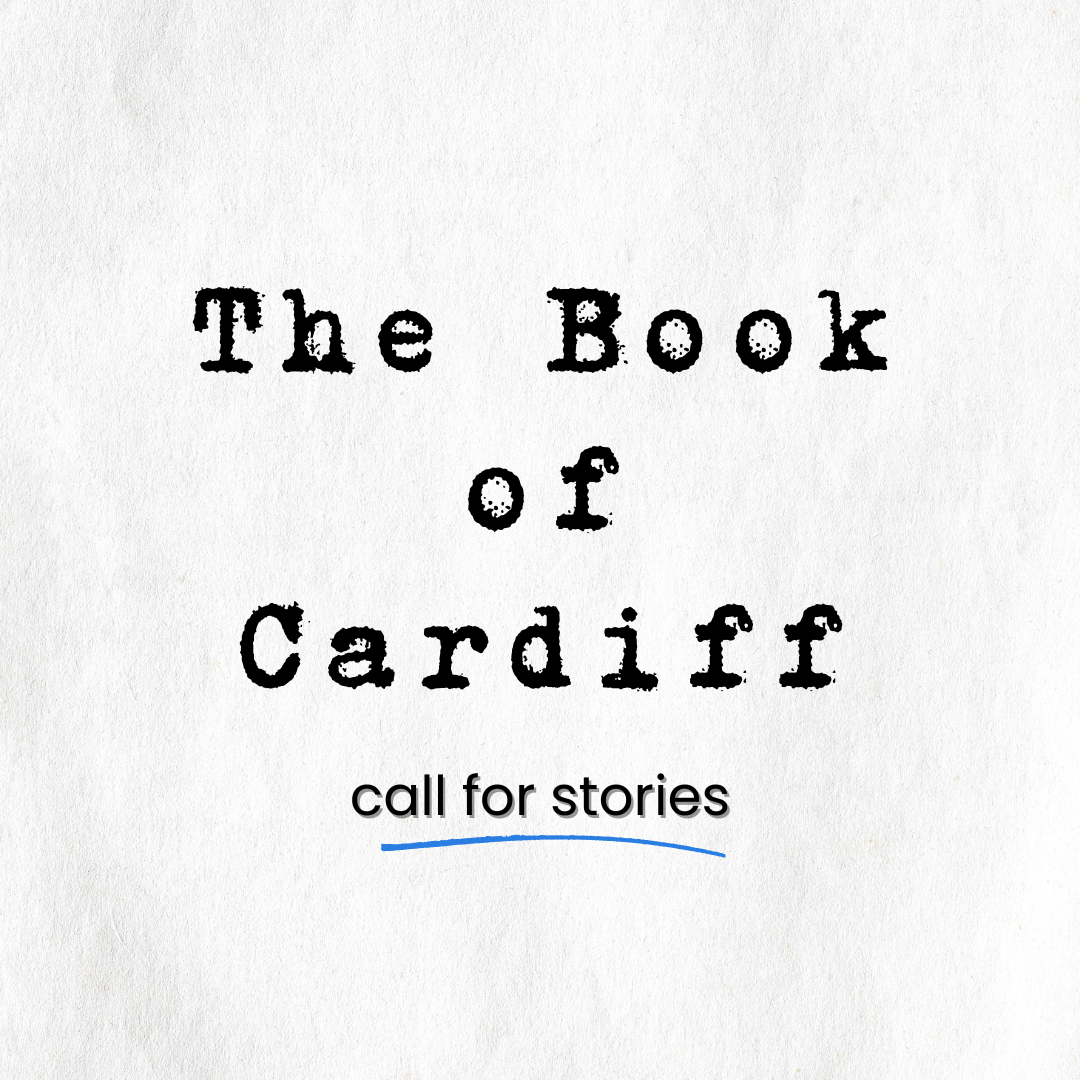Authors and translators trapped in Gaza Strip
Comma Press is extremely concerned about the safety of several of its writers and translators trapped in Gaza today, some living there, some visiting family. Among those trapped are translator Mohamed Ghalayini, who has worked with Comma closely for years on numerous titles in Comma's 'Reading the City' and 'Futures' Past' series. Mohamed, who grew up in Gaza, was visiting his father and two younger brothers, when the conflict began on Saturday and has been trapped in Gaza City, with no word from the British consulate, despite being a British citizen. Other writers trapped in the city include the award-winning novelist, Talal Abu Shawish, author of Red Lights, Final Warning and Urban House, who lives in Deir al-Balah Camp in central Gaza Strip, and whose cousin Omar Abu Shawish, also an acclaimed author, was killed in his home on Saturday in one of the first waves of bombing. Translator Sondos Sabra is also trapped in Gaza City, and non-fiction writer and activist Musheir el-Farra, author of When the Sky Rained White Fire was visiting from Sheffield when the onslaught began and is currently trapped with his young son, Qasim, in Khan Younis, in the central area of the Strip. Comma has yet to hear from many other writers and translators from the Strip that it has worked with over the years. These include Nayrouz Qarmout, the best-selling author at 2018 Edinburgh International Book Festival (author of The Sea Cloak), whose family (themselves relocated refugees from Yarmouk refugee camp) live in the Karama district, which saw some of the most devastating bombing earlier in the week.
Comma CEO Ra Page explains, 'We're heart-broken and devastated for those trapped there. Obviously it's a horrific situation, with tragedies on both sides. Our hearts go out to the bereaved on both sides, and we obviously condemn all acts of violence. For our friends in Gaza, though, the nightmare has only just begun. They've been told by the IDF to leave but there is obviously nowhere to go to. The Raffah border with Egypt was bombed heavily in the first few days of the conflict, so even the lucky few with money and the right documentation to leave can't now go anywhere. There are no air-raid shelters and the sea is patrolled by gunships. Where are they supposed to go?'
Mohammed Ghalayini told The Bookseller, 'The plan seems to be drive everyone from the north of the Strip to the south, and displace about half of the population first - over 1.1 million people. What they want to do with us next is unclear. Put us all in camps? Or drive us into the Sinai desert? It's utterly terrifying. As a translator, I'm all too well aware of how the language barrier adds to the misunderstanding and lack of sympathy for the Palestinian perspective. It's easy to switch off when you see someone grieving in a language you don't a word of on a television screen. Especially when the grief is so raw, and the brutality so unjustified. The worse the situation, the harder it is as a viewer to connect with. So language has always been one of the Palestinians' biggest hurdles.'
The poet Sondos Luiz, currently staying in Cairo, lives in Beit Lahia in the north of the Strip, and has been unable to contact her family to see if they're OK. 'I don't know anything about my family. The last I heard they were planning to leave. But I haven't heard anything in hours. All I know is what I see on the news. I can't do anything. I wish I was with them.'
Ra Page had the rare opportunity to enter the Strip in August last year, to develop new commissions with the Strip's well-developed writing community, during which time there was also three days of bombing. 'I don't understand why the British consulate offered to help get me out on Day 2 of that conflict, and yet so many British-Palestinians are stuck there and haven't been contacted at all. We're now on Day 6 and it's far, far worse.'
The author Atef Abu Saif (editor of The Book of Gaza, and author of the 2014 war diary The Drone Eats with Me) has also found himself trapped in the conflagration. Saif is originally from the densely populated Jabaliya Camp to the north of Gaza City and spent the 51 days of the 2014 bombardment reporting on events on the ground through a daily diary, published in excerpts around the world (New York Times,. The Guardian, The Sunday Times, Slate.com, etc). Saif, who was known for being publicly critical of Hamas was beaten up twice by Hamas militia in 2017/18, the second time almost killing him, at which point he fled to Ramallah in the West bank. Since then, he has been appointed the Minister of Culture for the PA, and was visiting the Gaza Press Centre when the strikes began. 'The Press Centre was hit, as was my hotel, and I spent about two hours running through the streets, desperately ducking from doorway to doorway trying to find a house to shelter in,' he explained to Page via WhatsApp.
At time of going to press, Ghalayini was making his way south to Khan Younis.


